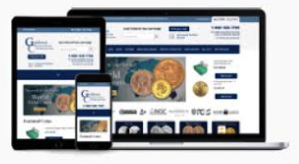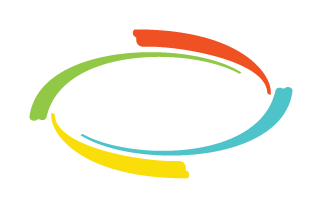Publicity about your product is high praise. No promotional channel is as favorably regarded. People eat it up. Then they shower you with backslaps and congratulations. It’s so powerful, yet so underused. Go figure.
Why is getting media coverage considered high praise? The answer can be found by understanding the promotional mix. In my last letter, I mentioned that almost all promotions fit into three promotional channels: Advertising, Personal Selling and Publicity.
You have ultimate control over the first two promotional channels, Advertising and Personal Selling. You say exactly what you want in your ads, and exactly what you want in your sales pitch. Nothing wrong with that. Right? Well, maybe.
Here’s the problem. Companies are echo chambers. People live and breathe the wonder of their products. Every day. Day in and day out. Especially owners, managers and marketers. Why shouldn’t they? After all, their products are fantastic. But repeated exposure to the same message can be like garlic: as long as everyone eats it, everything smells fine.
So companies crank out syrupy benefit-rich sales messages believing their words are minty fresh. Unfortunately, what looks and sounds good in the echo chamber is suspicious to the public. The lack of checks and balances leaves prospective customers skeptical of ads and leery of sales people.
A puffed up self image can lead to hubris. Hubris stems from extreme pride and arrogance. It’s creepy to witness. Have you ever attended a party or event and been stuck with people who have been sheltered from honest feedback? They make your skin crawl. Poor saps.
Last week I heard a commercial for gold and silver. The CEO said you need to protect your “kidses” future. Kidses. I guess in his echo chamber, no one had told him kidses ain’t a word.
I’m not saying advertising and personal selling sink to the level of hubris. But you won’t find ads that point out a product’s shortcomings. And you shouldn’t. Ads and sales people are expected to point out only the good.
Publicity is different. It’s a message that comes from outside the echo chamber. So people trust it. Audiences know it’s a privilege for a product to be favored with coverage. They also know the media is more than happy to point out a product’s shortcomings.
Yesterday someone I knew was sporting a new black bracelet. He told me it was an UP made by Jawbone. It measures body activity including sleep patterns. You sync it with an app on your iPhone and it collects the data. Pretty cool.
Later I went to the Jawbone website. I found what I expected. A long list of features and benefits that stopped just short of curing cancer. Next I went to Google news to read about it. The Huffington Post did a nice article where the reporter had used the product. She covered the benefits listed on the site but also mentioned some things she didn’t like. For instance, no Bluetooth. You have to physically plug the bracelet into the phone to download the information.
When I finished reading the story, I went back to the site and bought one. Not because of the company-controlled web copy. Because of the article. It was honest. It told me the downside. It spoke to me like I was an adult. One smart enough to make my own decisions.
It’s one thing for a company to say nice things about its products. It’s another when someone else does. And here’s the kicker: the endorsement is even stronger if it happens to point out a few blemishes.
In a way, media coverage is like a friend’s recommendation on steroids. It’s kudos broadcast to the masses. Mark Twain said, “I can live for two months on a good compliment.” A business can live two months on a good article. That means you’ll need six a year in every market. We can help. Call Heather Champine at 952-697-5269. Heather heads our team of publicists and knows more about product publicity than anyone should.







